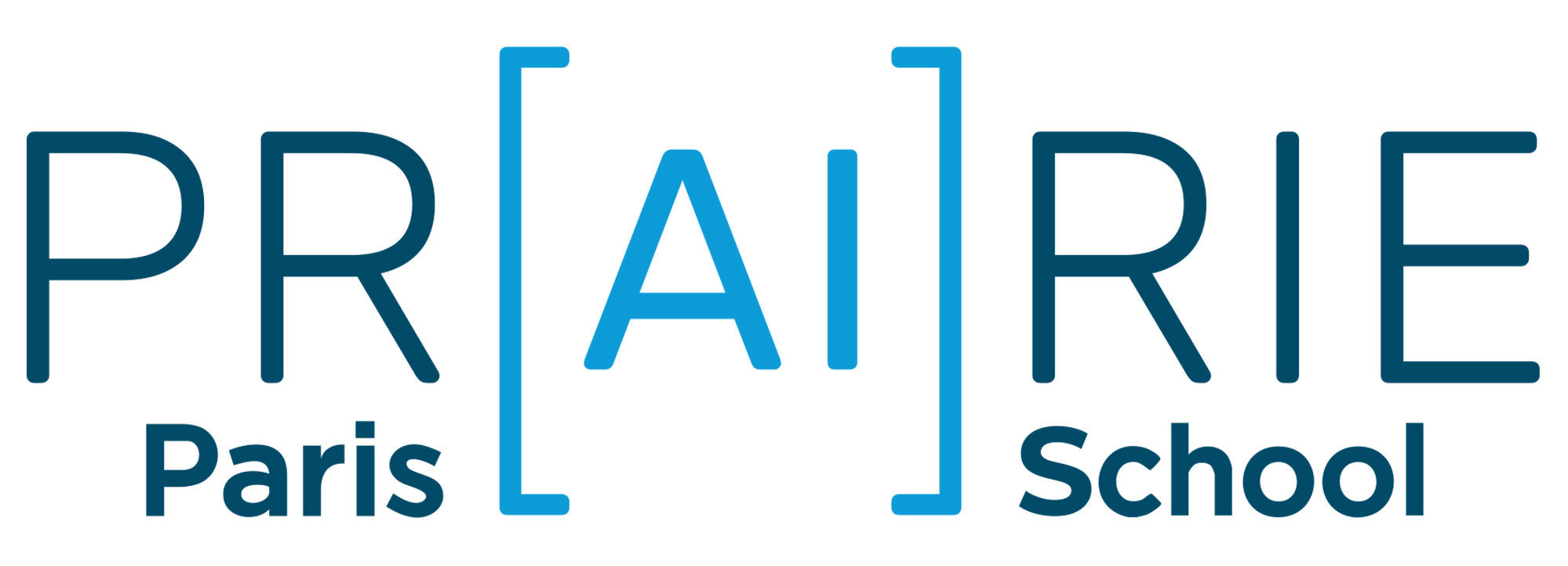DHAI Seminar
École Normale Supérieure, 45 rue d’Ulm, 75005 Paris
Centre Sciences des Données (3ème étage près de l’escalier C/3rd floor by stairway C)
Inscrivez-vous à la liste d’annonces du DHAI pour recevoir le lien Zoom.
Register for the DHAI announcement list to receive the Zoom link.
(Note: You can join us in person at the École Normale Supérieure, or remotely via Zoom. The Zoom link will be send the day prior to the seminar.)
“Digital Humanities / Artificial Intelligence“
Speaker 1: Pedro Ortize (Common Crawl Foundation)
“Annotating Multilingual Heterogeneous Web-Based Corpora“
Abstract : In this talk we will introduce the OSCAR project and present our recent efforts in overcoming the difficulties posed by the heterogeneity, noisiness and size of web resources; in order to produce higher quality textual data for as many languages as possible. We will also discuss recent developments in the project, including our data-processing pipelines to annotate and classify large amounts of textual data in constrained environments. Finally, we will present how the OSCAR initiative is currently collaborating with other projects in order to improve data quality and availability for low-resource languages.
Speaker 2: Philipp Schneider (Humboldt-Universität zu Berlin)
“The Digital Heraldry Projekt. A Knowledge Graph with Semantic Web Technologies and Machine Learning to study medieval visual sources“
Abstract : Visual communication forms an important part of medieval and early modern european culture. Especially coats of arms were widely used in different social groups and offer an important source for cultural history. This subject is at the center of the Digital Heraldry Project. Here, we created a Knowledge Graph with Semantic Web Technologies to (1) describe coats of arms, (2) trace their use over different types of historical sources and objects and link them to their images, (3) place these objects in their historical context of use, and (4) trace how and by whom coats of arms were used on these objects. Furthermore, the ontologies created for this Knowledge Graph are able to account for multiperspectivity regarding the description and interpretation of the historical sources it represents. The talk will give an overview on the project and its results with regard to the field of Digital History. Although mainly focusing on the parts of the project, dealing with symbolic AI, the presentation will also touch upon the integration of large image corpora into the Knowledge Graph through Machine Learning.
